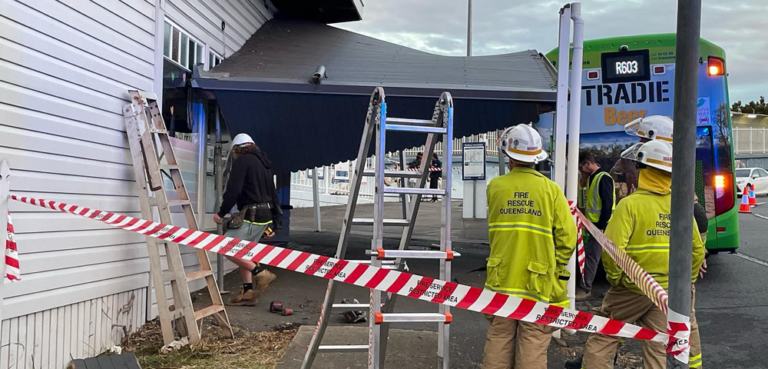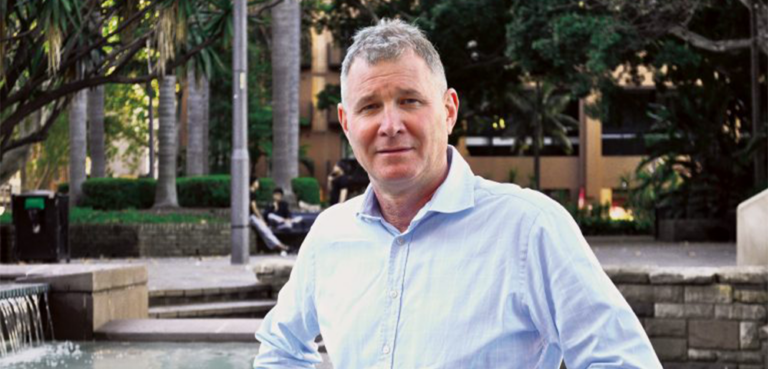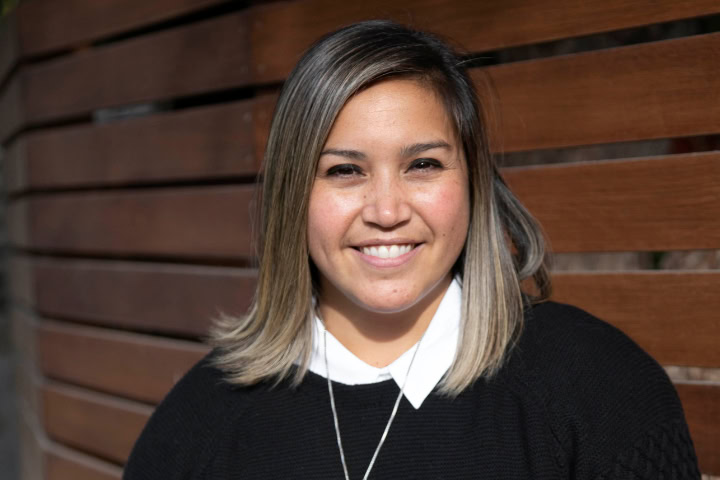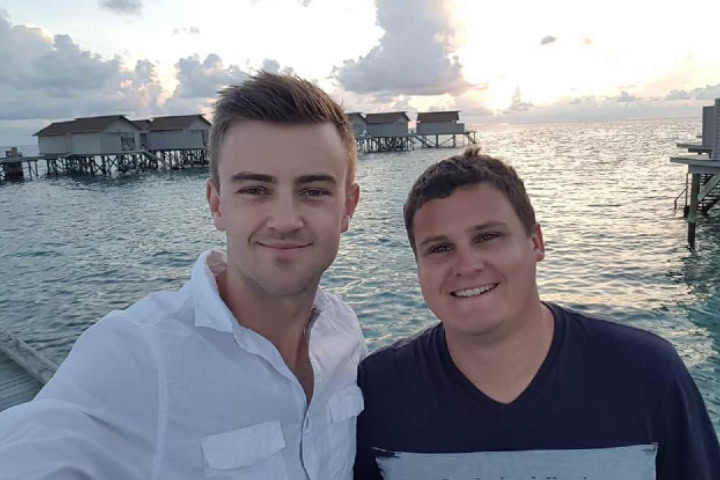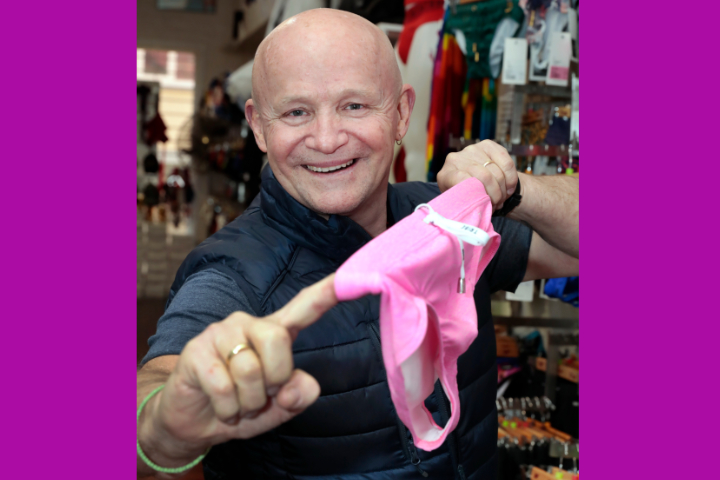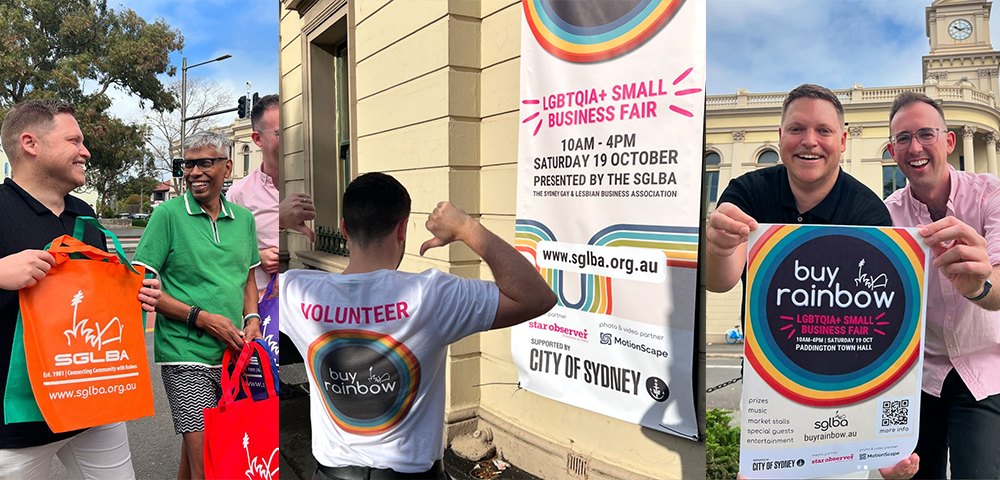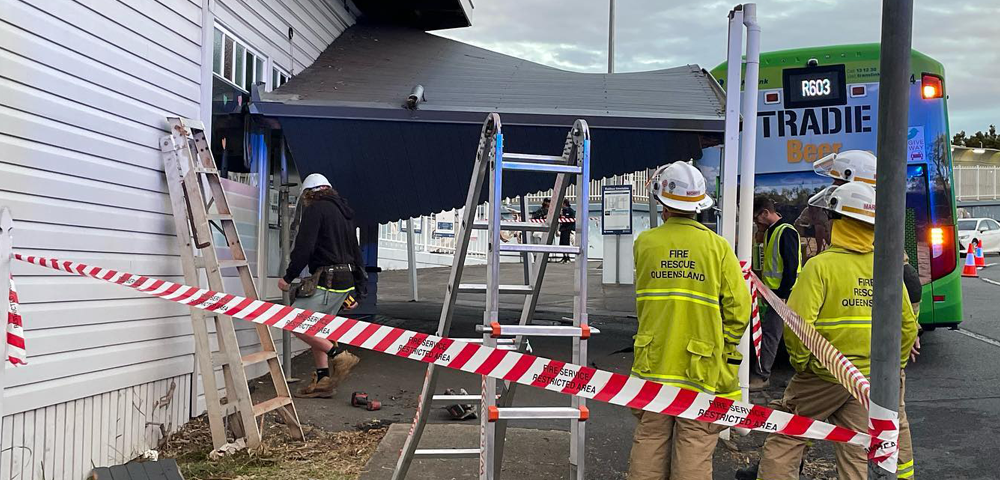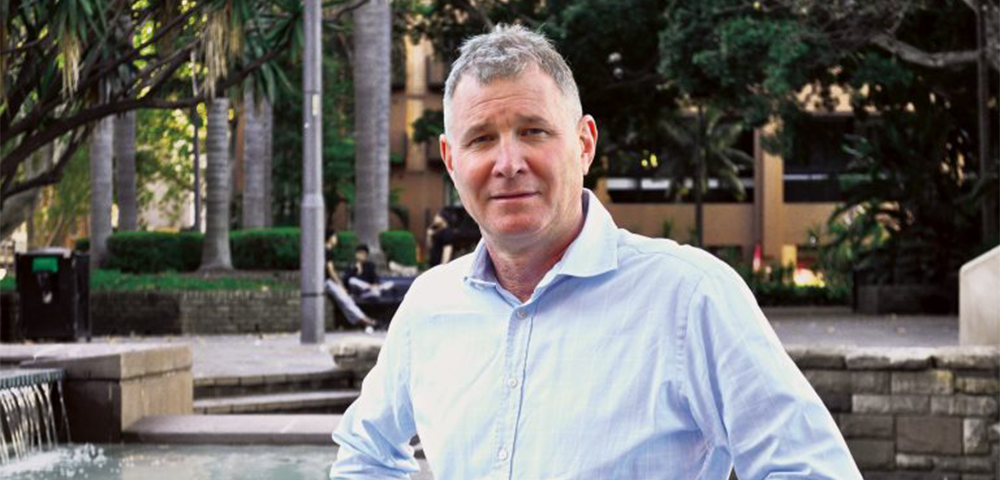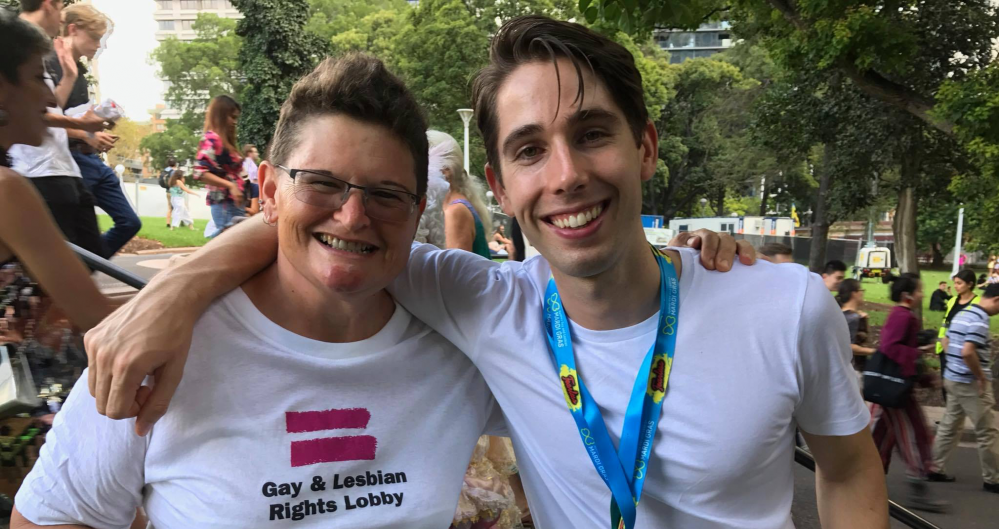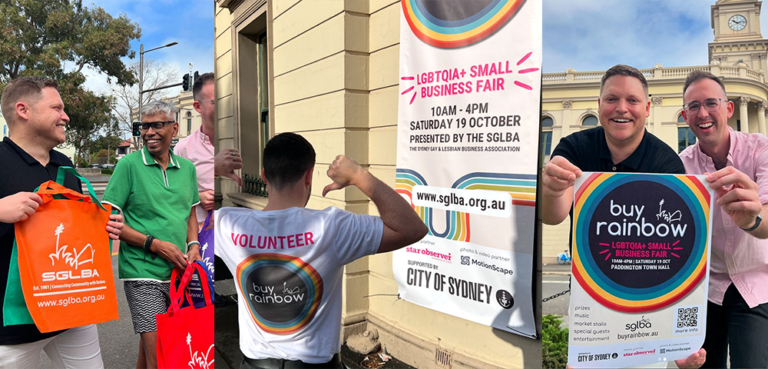
Helping LGBTI youth reach their pinnacle

IT isn’t easy being different, especially if you’re young.
Kermit the Frog is famous for his song It’s Not Easy Being Green, a tune that rings true for many in the LGBTI community. Too often, being of diverse gender or sexuality means life can go from “not easy” to impossibly difficult when you’re young, and how many are equipped to handle bigotry and hatred? Especially when delivered from people that should love you.
[showads ad=MREC]It hurts, it’s painful and it can cause great suffering.
When that suffering becomes too much the consequences are dire: physical and mental health suffer, loss of support from family or community is often followed by social exclusion, and poverty and homelessness can become hallmarks of survival. Self-harm and suicide are some of the more heart-breaking and extreme outcomes.
Is it not shameful that a society would drive a young person to take their own life because to them, that’s easier than facing life as gay, lesbian or trans*? It is a horrifying outcome of transphobia and homophobia and a stark reality that’s ignored or unseen by our detractors.
Six years ago the founders of The Pinnacle Foundation knew that had to change. They had to do something to help the next generation of vulnerable, young LGBTI people — and not just help overcome the crushing effects of prejudice, but also show marginalised LGBTI youth what success can look like, give them role models, and allow them to prosper and discover their full potential.
The best way to do this was to focus on 16–24 year olds, provide a scholarship to cover expenses for high school, university or TAFE, and then give them a mentor — a role model of the same gender or sexual identity and expert in their field of study.
Now, with financial support from the community and corporate sponsors like the Commonwealth Bank, Accenture, Herbert Smith Freehills and Designlogic, many young lives have been transformed and nearly $300,000 of scholarships granted.
One Pinnacle scholar, Ashleigh, was in second year university when she lost parental support as a result of coming out. Virtually disowned by her family, she had to hold down two jobs to survive and was living in a tin shed that reached a scorching 50 degrees in summer.
“I made the mistake of falling in love with a girl, instead of a boy and found myself without a place to call home,” Ashleigh said.
“The situation took a considerable toll on my self-esteem and confidence, and I was riddled with an abject sense of failure. I began to question my capabilities in every area of life, but most prominently in regards to my education.
“My ability to maintain any level of academic success was withering away, with periods of depression becoming more common, as well as general anxiety and panic attacks. The financial responsibility was heavy, having to support myself through day-to-day living expenses as well as supporting all my educational expenses, and left me exhausted with little time or energy to commit to my academic pursuits.
“I was isolated, sad, highly-stressed, and had little self-worth.”
Pinnacle gave Ashleigh a scholarship to finish her studies and a mentor to provide counsel and life advice. The impact was extraordinary.
“In the second year Pinnacle sponsored me, I was even able to afford doctor visits and to seek counselling services to try and repair the mental toll the extreme family breakdown had,” she said.
“More important to me though, were the gifts Pinnacle gave me that most students take for granted: encouragement, support, confidence, financial stability and most importantly hope.”
With regards to her mentor, she said: “I didn’t have any older LGBTI role models at all, and I didn’t know it at the time, but sometimes we need to see a real-life example of how it gets better.
“My mentor was living proof that the negative thoughts constantly in my head telling me my dreams were not viable purely because I was gay, were utter crap. [They] did damage control on my self-esteem and showed me what I could become.”
Ashleigh is now a qualified and successful radiographer and has just started post-graduate studies.
“I think the likelihood that I would be here at all is fairly slim — I was almost at breaking point and was teetering on the edge of a very dark place when Pinnacle stepped in and gave me back some hope,” she said.
“I definitely wouldn’t be the happy, confident person I am today. I have my dream job, a beautiful group of friends and married that very girl I fell in love with.”
Right now, there are 26 students around Australia being supported by Pinnacle. Next year we want to support more, and there’s a generation behind you that could really use your help.
Sean Linkson is CEO of The Pinnacle Foundation and one of the co-founders.
_______________
Applications for 2016 scholarship grants and mentors are open until October 1, 2015.
Visit Pinnacle’s website and make a donation, register as a mentor or join as a volunteer.
Pinnacle is a national charity that receives no government funding and all donations over $2 are tax-deductible.
DETAILS: thepinnaclefoundation.org
_________________
**This article was first published in the September edition of the Star Observer, which is available to read in digital flip-book format. To obtain a physical copy, click here to find out where you can grab one in Melbourne, Sydney, Brisbane, Adelaide, Canberra and select regional/coastal areas.
[showads ad=FOOT]
